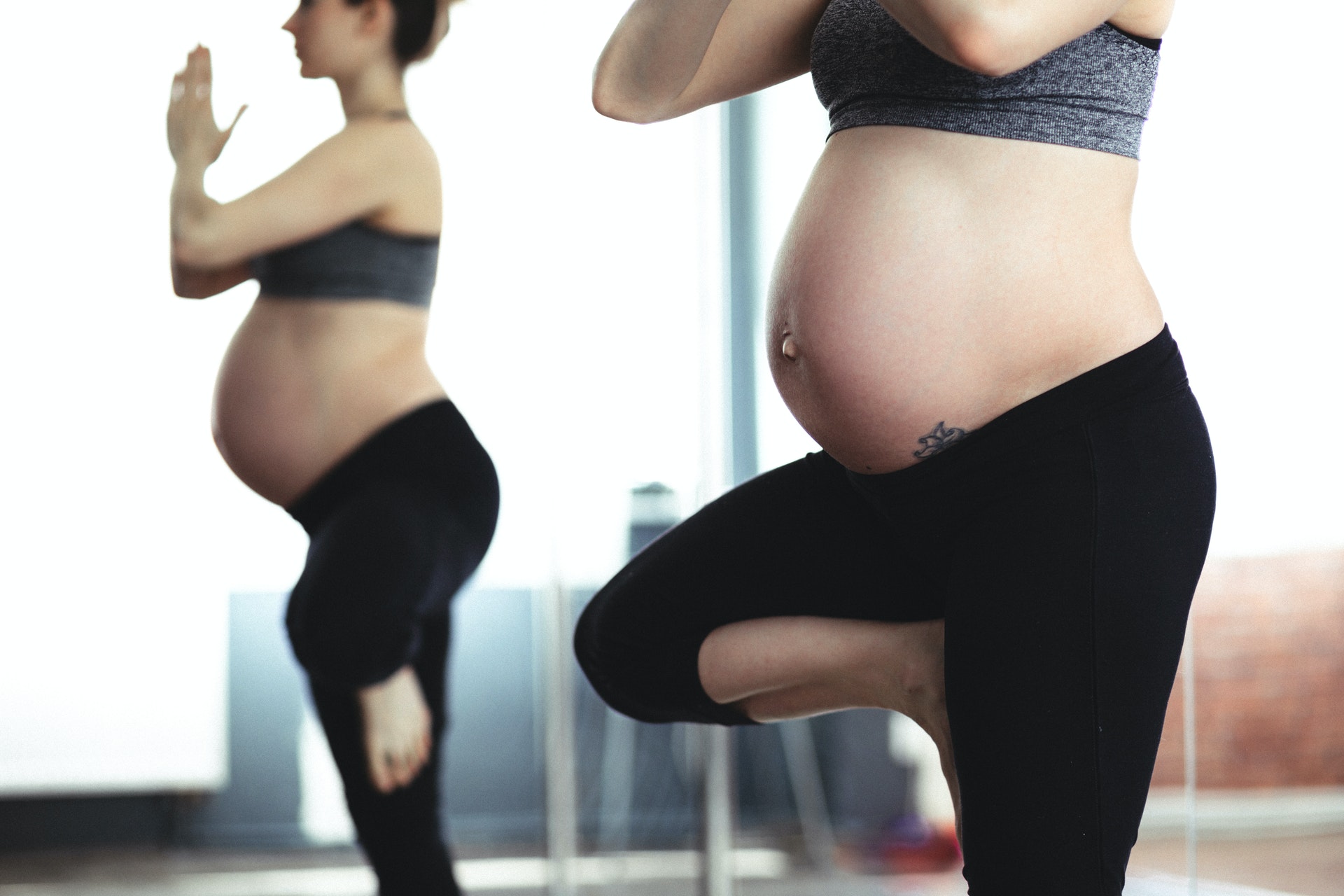Picture a mindful mama, and you’ll likely see something between Gaia and the Buddha — but with a way bigger belly. Expecting mothers don’t spend 40 weeks glowing from the inside out. There’s glaring, wobbling and snarling — yes, snarling. Every part of your body aches, especially since your munchkin apparently wants to be an acrobat when they grow up. Between 14 to 23 percent of pregnant women experience depression, and you don’t need that on top of everything that comes with pregnancy. Midnight worries plague and the shopping lists grow. You wonder what you forgot and if you’re doing your best — if you’ll be the best mother possible. Practicing mindfulness helps mothers reduce stress, stay centered and deliver healthy newborns. Here’s how to be a mindful mama while pregnant and live in the moment.
Feel Your Body and Mind
Pregnancy makes your body an instrument of sensitivity in many ways. You feel aches and pains, but do you notice the littlest of fluctuations? What about the shifts in your mood? Pregnancy is a major life change, and before this, you may have run through tasks on autopilot. That mindlessness still occurs because you get worn out or can’t handle certain things you used to — the baby bump comes first. Focusing on new experiences as they happen tunes you into the present, and it adds more delightful detail to your baby book. In one 2016 study, Israeli women in later trimesters used mindfulness to focus on the fluctuations of their mood and inside the body, after taking a 30-minute seminar. They wrote twice daily about these mental and physical shifts for two weeks, and the women experienced heightened well-being and positive feelings compared to those who only generalized about their experiences while journaling. Those who felt more mindful after the experiment also experienced higher levels of life satisfaction, positive feelings and well-being after birth. Feel the kicks and the bubbling of that extra gas you and the munchkin are producing. Let your pen fly with the pintos.
Take a Prenatal Yoga Class
Many women worry about premature birth, and preemies experience problems with breathing, developmental delays and sensory issues. Preemie mothers suffer from an increased risk for depression, stress and anxiety which usually remain untreated and unacknowledged because the baby must come first. Mindfulness through yoga helps reduce stress, prepare the body for birth and could decrease the risk of premature delivery. Recent research surveyed women with a history of preterm birth and found that moderate activity did not increase the risk of preterm delivery compared to taking it easy during bed rest. Moderate activity included yoga practice with adjustments depending on the term. Bending into all those weird positions tones your muscles and increases your flexibility, which will assist you while giving birth. You also get to look at your belly from all kinds of unusual angles and feel your baby do their own moves. Bring on the acrobatics!
Dissolve Your Anxiety to Boost Baby’s Development
Easier said than done. Develop another breathing system for yourself outside of Lamaze — practicing mindful breathing. You’ll need it for when your partner forgets the weird pregnancy snack you specifically requested. Alternatively, doodle or whatever works to get you back to center and absorbed in what you’re doing in the present. You can also practice mindfulness while doing chores — observe what goes through your mind while washing dishes and take in the scent of the soap along with other details. Be careful with those smells, though — you don’t want to puke on freshly cleaned dishes. A 2015 study from the Netherlands found that second-trimester mothers ranking high in mindfulness reported fewer developmental delays with their babies. Ten months down the road, the babies settled down peacefully into self-regulation and controlled their behavior — such as quickly calming down after crying. Mothers of boys expressing self-regulation were less anxious during their last trimesters. Mindfulness doesn’t have to mean meditation — it’s a practice. You put in the work to bring your mind and body to center, to be in the moment and get in tune with your baby and yourself. On the bad days, it will feel impossible and like a waste of time, but a single mindful moment can shift everything toward the positive. Focusing on the present enriches your experience — especially that feeling of watching your baby take their first breath or chase your partner out of the room with their first fart.




